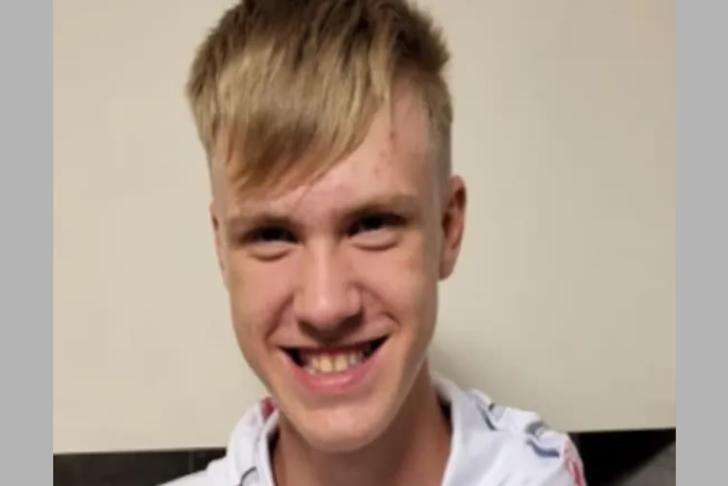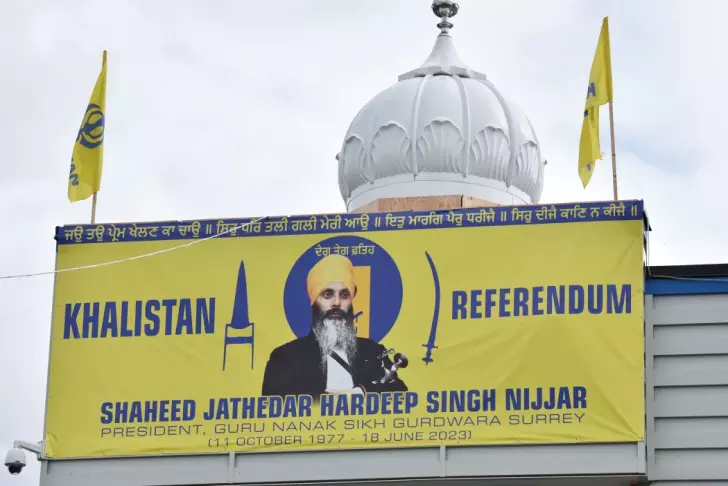The ruling Bharatiya Janata Party (BJP) has chosen not to run in the general election this year in Indian-administered Kashmir, more than four years after the party terminated the region's special status.
The choice, according to opposition leaders and political observers, suggests that there is resentment in the area over the change and the party's admission of it.
For many years, there has been tension between Delhi and Kashmir. Over the past three decades, thousands of people have died in the Himalayan region as a result of both military operations against Indian control and an insurgency against it.
The situation worsened in 2019, when Prime Minister Narendra Modi's government revoked nearly all of Article 370 - a part of the Indian constitution which had given significant autonomy to the region - and divided it into two federally-administered territories of Ladakh, and Jammu and Kashmir.
The government also imposed a strict communication blockade and jailed hundreds of political leaders, including three former chief ministers, for months.
Since then, Mr Modi and his ministers have repeatedly championed the 2019 decision, claiming that it has brought peace to the region.
In the last few years, local BJP leaders have also worked extensively to expand its support base in Kashmir by launching door-to-door campaigns.
So the party's decision not to field any candidates in the ongoing general election - the first in the region since the abrogation of Article 370 - has come as a surprise to many. (The BJP has candidates in two seats in Hindu-majority Jammu, but none in the three seats of the Muslim-majority Kashmir valley.)
The BJP's chief spokesperson in Jammu and Kashmir claims that elections are not a priority and their main objective is to win the "hearts of the people".
"It took us 75 years to fully integrate Kashmir with the rest of the country and we don't want [to create] an impression that we have done this exercise just to win seats," Sunil Seth said.
But critics say this is because the party leadership realises that securing victory in the region would not have been easy.
While the "achievement" may sell in other states, removing the special status of the Himalayan region hasn't gone down well with the people here, says Noor Ahmad Baba, a political analyst.
Opposition leaders also allege that Mr Modi's party wanted to avoid the election from turning into a referendum on its 2019 decision.
"If people were happy with the abrogation of Article 370, the BJP wouldn't have hesitated to fight," says Omar Abdullah, a former chief minister of the region and a member of the National Conference (NC) party.
"But they don't want to expose themselves, and to save their face, they have decided not to contest."
Voting in Jammu and Kashmir is being held in five phases. Apart from Mr Abdullah's NC, those in the fray include the People's Democratic Party (PDP), the Peoples Conference (PC) and Jammu and Kashmir Apni Party. India's main opposition party Congress is also contesting.
Leaders from the NC and PDP have repeatedly claimed that the BJP is supporting the PC and Apni Party in the elections and have called them their "proxies".
The BJP hasn't made any formal announcements about an alliance. But sources in the BJP told the BBC that it would extend its support to some parties that have strongholds in northern and central Kashmir. Last month, the party's regional chief Ravinder Raina said they would rally behind "like-minded parties".
The party's decision to cede ground has caught off-guard many of its local members, who say they had been preparing for the polls since 2019.
"We had been going door-to-door, meeting people and telling them about the work done by the government," said Shabir Ahmad Zargar, a BJP worker from north Kashmir's Kupwara district.
"We are disappointed, but we have to accept the decision of the party," adds Fida Hussain, another party worker from north Kashmir's Baramulla district.
The move is also surprising because this is the first time the BJP has not contested a general election in the region since 1996.
The party traditionally does not enjoy much support here, but experts say its cadre base has increased in recent years.
Its best performance was in the state elections of 2016, when it emerged as the second-largest party and formed the government with the PDP. The party won 25 of the total 87 seats - all in Jammu.
This marked the final assembly elections held in the former state. The coalition collapsed in 2018, and Mr Modi's government imposed direct rule in the region.
The party received a boost in 2020, after it won the local elections, including three seats in Kashmir.
Two years later, the government redrew the boundaries of assembly seats in a way that Jammu received six additional seats, while Kashmir was given one extra seat, taking the tally to 90. (Until 2019, Jammu had 37 seats and Kashmir had 46).
The exercise was widely seen as a move to increase the influence of Hindus in the region's electoral politics.
But despite some electoral success, experts say the BJP has failed to create impact on the ground.
"The region has been under the direct control of Delhi. But people prefer a democratically-elected government where they are connected with the leadership," says Mr Baba, the analyst.
Locals and opposition leaders say that several other factors have also increased the sense of alienation among people. This includes high unemployment rates, the absence of local representation in politics, and alleged human rights abuses by security forces.
"Even if they win all the seats in the rest of the country, losing from Kashmir would have been a major defeat," says Mohit Bhan, the PDP spokesperson.
"To avoid that they opted not to field any candidate," he claims.
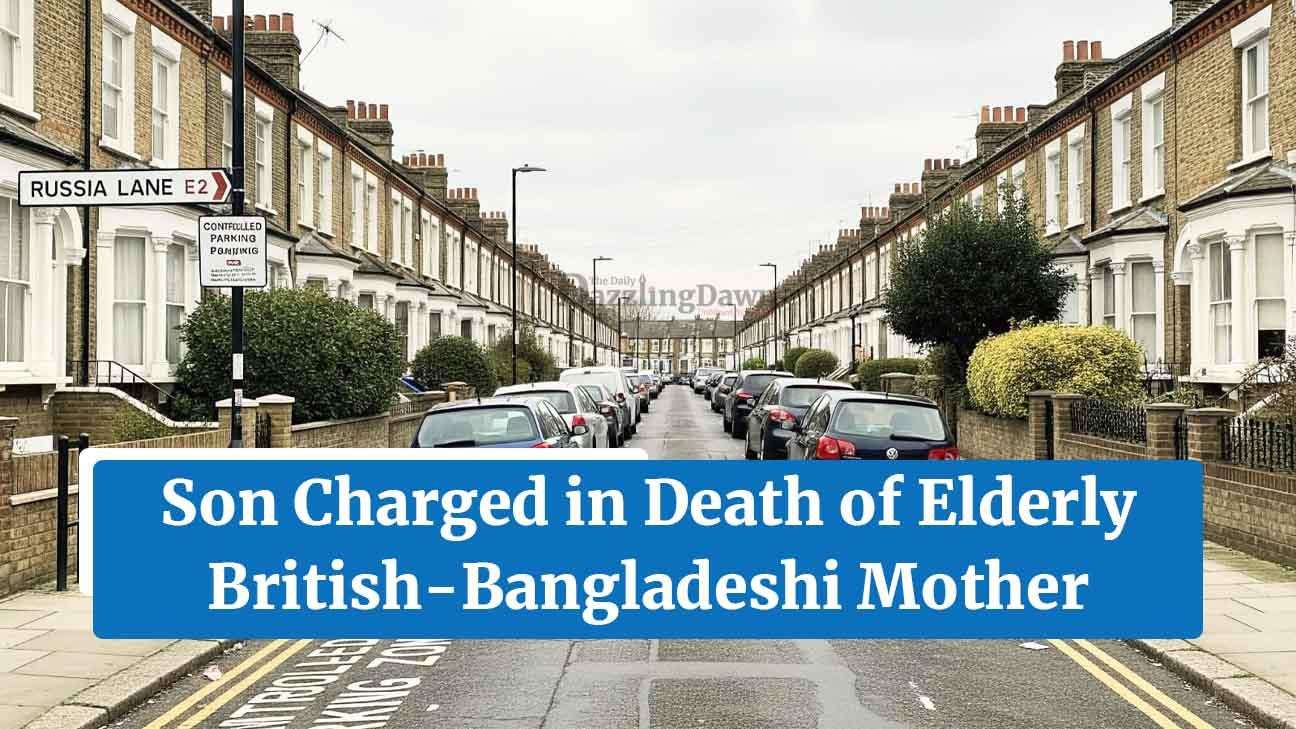

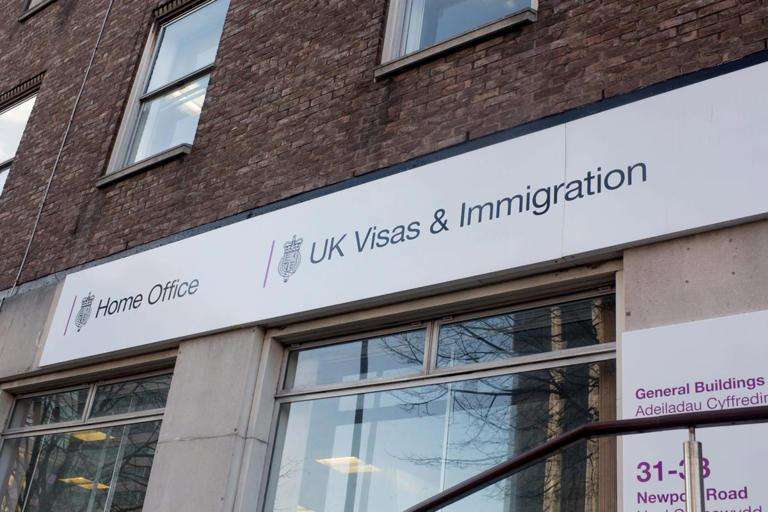

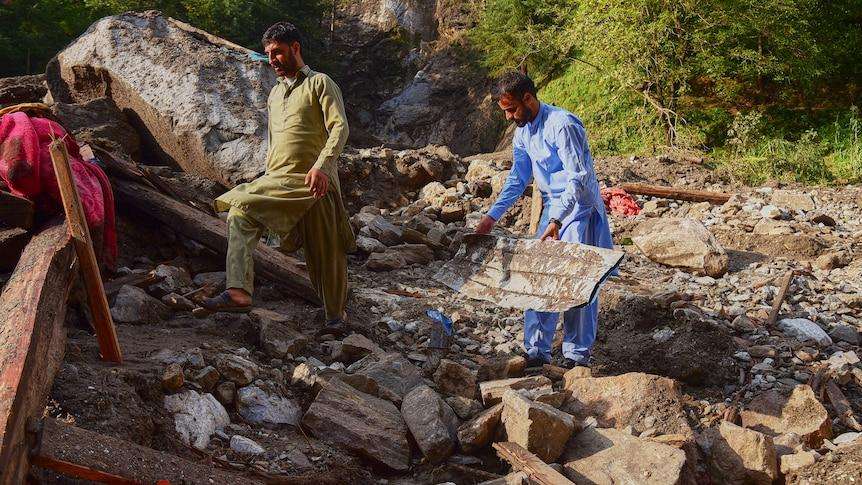


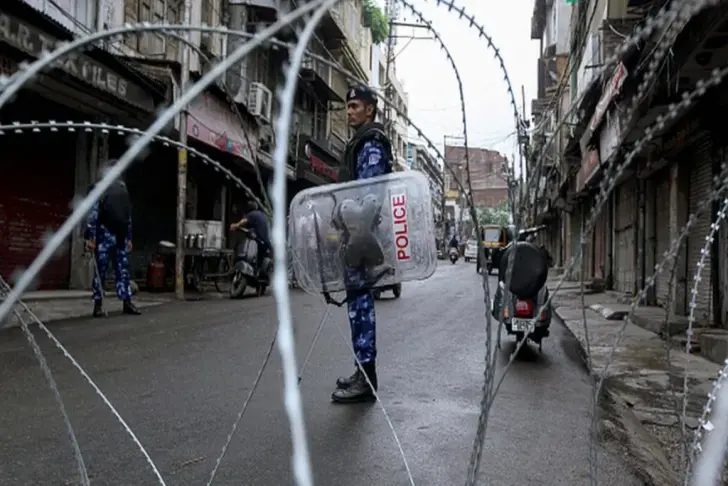
.svg)

